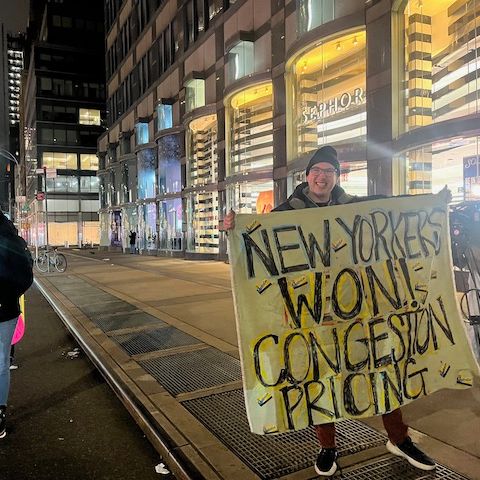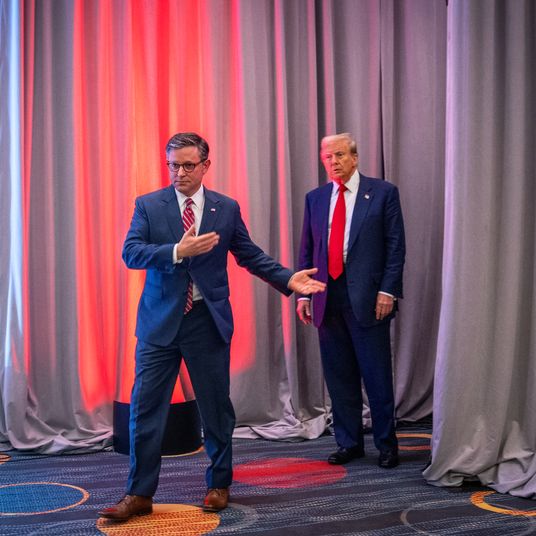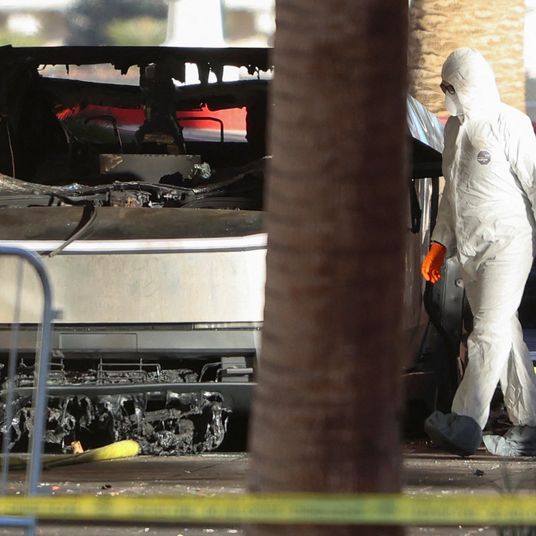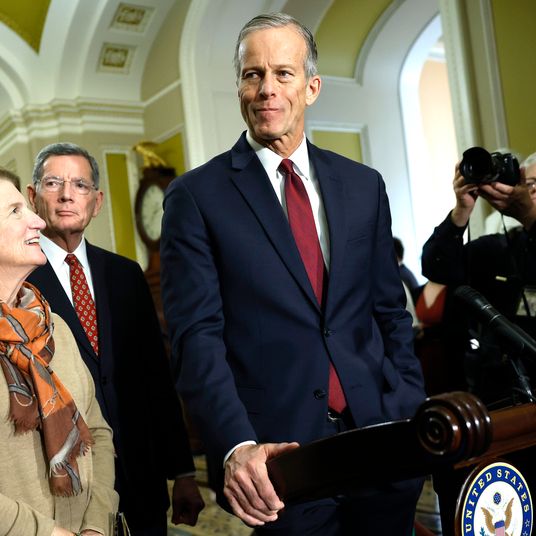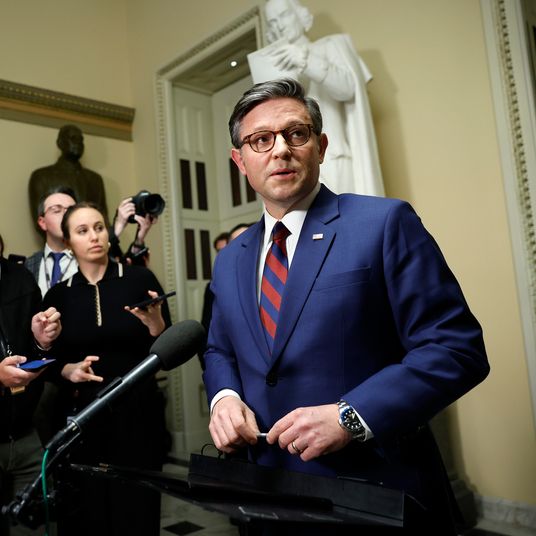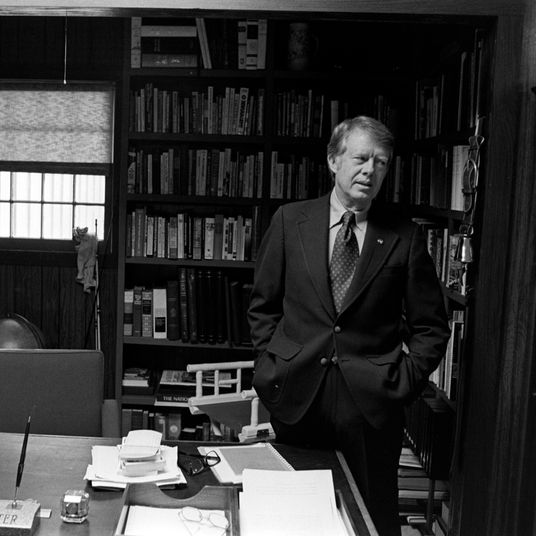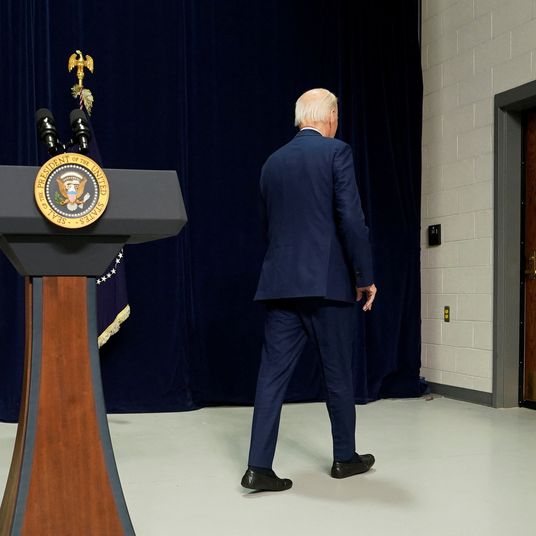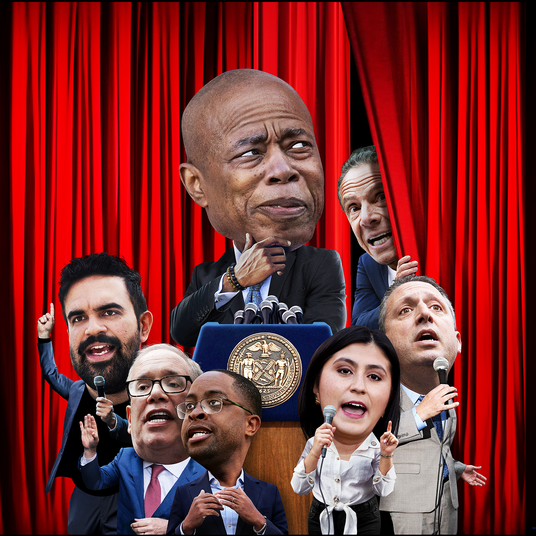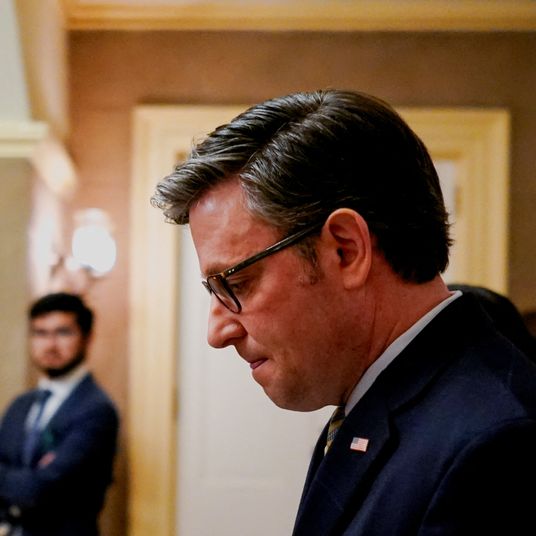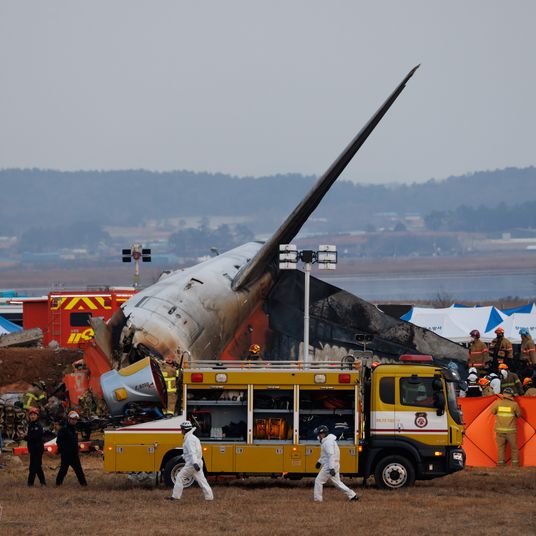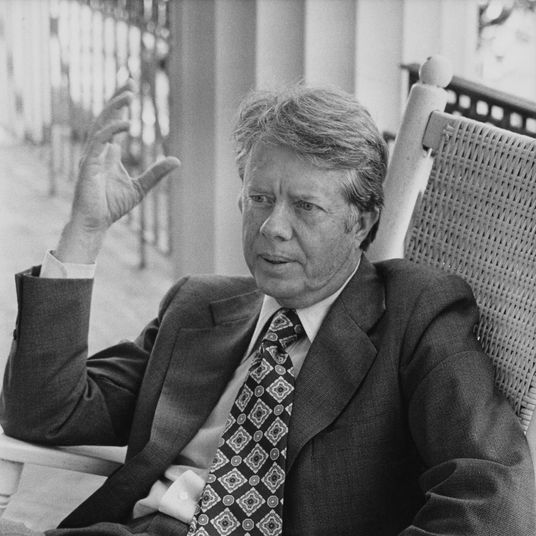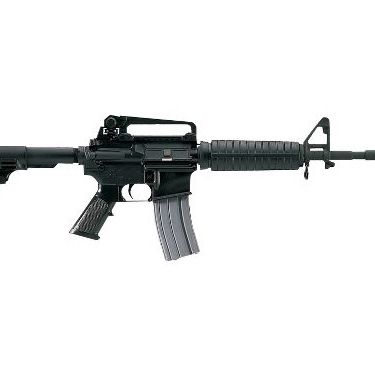
Cerberus Capital Management, the private-equity firm that owns the nation’s largest gun manufacturer, has had a change of heart. Several days after it made the news as the owner of the Freedom Group, the company that makes the Bushmaster semiautomatic .223 rifle that was used in the Newtown killings, Cerberus announced this morning that it plans to sell the Freedom Group, effective immediately.
“We will retain a financial advisor to design and execute a process to sell our interests in Freedom Group, and we will then return that capital to our investors,” the firm said in a statement. “We believe that this decision allows us to meet our obligations to the investors whose interests we are entrusted to protect without being drawn into the national debate that is more properly pursued by those with the formal charter and public responsibility to do so.”
Public pressure had been building on Cerberus since yesterday, when several media outlets (including us) wrote about the firm’s ownership of the Freedom Group, which it built in 2007 and used as a vehicle to acquire a lot of smaller arms manufacturers. Eliot Spitzer, writing in Slate, urged, “Every student at a university should ask the university if it is invested in Cerberus. Every member of a union should ask their pension-fund managers if they are invested.”
Cerberus will almost certainly lose money — and probably a lot of it — by selling the Freedom Group now. The stocks of major gun companies are all trading well below their 30-day averages as a result of the massacre in Newtown and the growing fear among investors about new, restrictive laws prohibiting certain kinds of gun sales. And it’s tough to imagine an American buyer wanting to make an offer for the company while the massacre is still in the news.
But the firm has very good reasons to sell now. For one, as we reported yesterday, some of Cerberus’s investors are public pension funds, including teachers’ funds like the California State Teachers’ Retirement System, the Teacher Retirement System of Texas, and the Pennsylvania Public School Employees’ Retirement System. At least one of those investors (CalSTRS) said it was reviewing its Cerberus investment in light of the Newtown tragedy.
For another, as companies like Dick’s Sporting Goods suspend their gun sales, the arms business may be less attractive than it once was, especially if new, tougher laws are put on the books as a result of what happened in Newtown.
The firm also has a personal connection to the tragedy. Cerberus CEO Steve Feinberg’s father lives in Newtown, according to Bloomberg’s Devin Banerjee.
In its statement, Cerberus washed its hands of claims that it had tried to lobby for laxer gun laws as Freedom Group’s owner:
It is apparent that the Sandy Hook tragedy was a watershed event that has raised the national debate on gun control to an unprecedented level. The debate essentially focuses on the balance between public safety and the scope of the Constitutional rights under the Second Amendment. As a Firm, we are investors, not statesmen or policy makers. Our role is to make investments on behalf of our clients who are comprised of the pension plans of firemen, teachers, policemen and other municipal workers and unions, endowments, and other institutions and individuals. It is not our role to take positions, or attempt to shape or influence the gun control policy debate. That is the job of our federal and state legislators.
Cerberus’s quick decision to sell one of its major assets — a firearms conglomerate it created in 2007 in a long, painstaking roll-up process — is nearly unprecedented in the recent history of the buyout business. Private-equity firms are typically fond of “sin” businesses, like guns and alcohol companies, since they often trade at a discount. And public opinion is typically low on the list of investment-decision factors.
A private-equity worker once told me that his business was neither moral nor immoral. It was simply amoral. It made decisions about where to allocate capital based on financial returns, regardless of what the optics were or who stood to gain or lose.
Cerberus’s decision to exit the gun business is different. It’s proof of the power of pressure, applied from both investors and the general public. And it shows that today, whether in anticipation of a PR backlash or simply a moral awakening, one private-equity firm has decided it can’t turn a blind eye to the outcome of its investments any longer.





